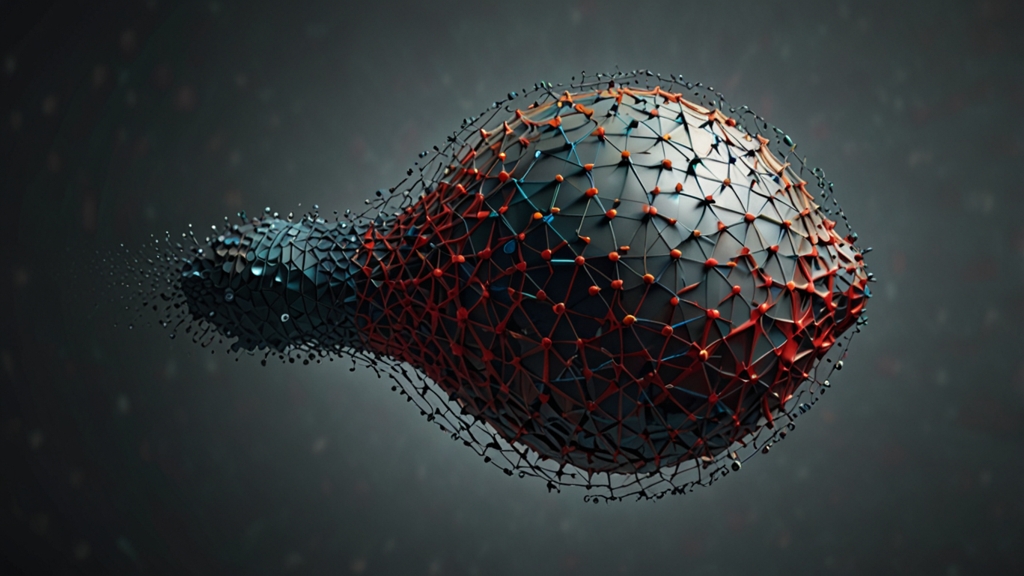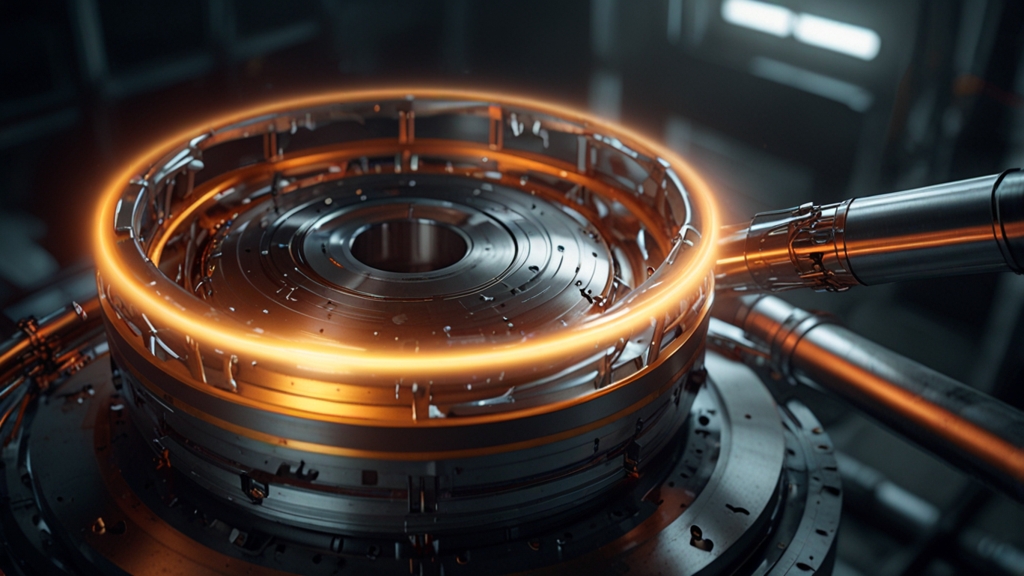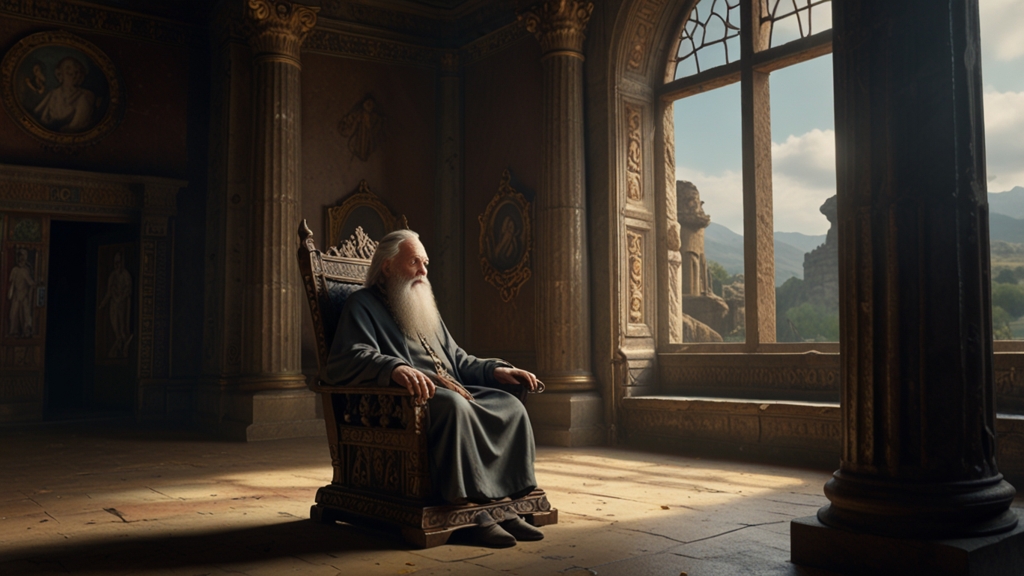The Enigmatic Life of Leonardo da Vinci: Artist or Spy?
Leonardo da Vinci, often hailed as one of the greatest geniuses in history, left an indelible mark on art, science, and engineering. Born in 1452 in Vinci, Italy, his work spans a multitude of disciplines, including painting, anatomy, mathematics, and even aerodynamics. However, amid his celebrated achievements, an intriguing question lingers: Was Leonardo da Vinci merely an artist of unparalleled talent, or did he also operate as a spy?
The Renaissance Polymath
Leonardo's contributions to the Renaissance are immeasurable, with masterpieces like the Mona Lisa and The Last Supper cementing his legacy. His curiosity drove him to explore various fields, from dissecting human cadavers to meticulously designing mechanical devices. This insatiable quest for knowledge distinguished him as a true Renaissance polymath.
His extensive notebooks, filled with sketches, inventions, and observations, reveal the breadth of his interests. Leonardo's detailed studies of human anatomy, engineering marvels, and natural phenomena showcased his unique ability to blend art and science seamlessly.
Whispers of Espionage
Amidst his prolific artistic and scientific endeavors, there's a lesser-known aspect of Leonardo da Vinci's life that hints at espionage. During a time of political intrigue and shifting alliances, the possibility that he might have engaged in intelligence gathering for various patrons and rulers is not entirely far-fetched.
Leonardo served powerful figures like Ludovico Sforza, the Duke of Milan, and Cesare Borgia, the notorious son of Pope Alexander VI. His proximity to influential rulers and familiarity with their military and political strategies could have provided him with ample opportunities to engage in covert activities.
"Men of lofty genius when they are doing the least work are most active." - Leonardo da Vinci
The Code Breaker
Further fueling speculation about Leonardo's involvement in espionage is his use of mirror writing. Leonardo frequently wrote his notes in reverse, readable only when reflected in a mirror. While some attribute this technique to his left-handedness, others suggest a more clandestine motive. Mirror writing could have been a method to safeguard sensitive information from prying eyes.
Additionally, Leonardo's designs for war machines, fortifications, and weapons indicate his deep understanding of military technology. His commissions for defense projects, combined with his access to secured information, suggest that he might have played a role beyond that of a mere artist or engineer.
The Evidence
While speculative, certain historical documents hint at Leonardo's potential involvement in espionage. Records show that he undertook various missions on behalf of his patrons, including reconnaissance tasks and the creation of strategic maps. His detailed observations of enemy fortifications and terrain suggest that his contributions were not limited to artistic or scientific pursuits alone.
"Nothing strengthens authority so much as silence." - Leonardo da Vinci
Interestingly, Leonardo's sketches of imagined landscapes and topographies often resemble actual Italian and French regions. These detailed renderings could have served a dual purpose — artistic expressions and valuable intelligence reports.
Conclusion
Whether Leonardo da Vinci was indeed a spy remains a topic of debate among historians. What is certain is that his life was a tapestry of extraordinary achievements that transcended mere artistry. His ability to navigate the spheres of art, science, and possibly even espionage underscores his unparalleled genius and versatility.
The enigmatic nature of Leonardo's life continues to captivate the imagination of scholars and enthusiasts alike. As we ponder the multifaceted dimensions of this Renaissance icon, we are reminded of his profound words:
"Simplicity is the ultimate sophistication." - Leonardo da Vinci
In the end, the mystery of whether Leonardo da Vinci was an artist or a spy may never be completely unraveled. Nevertheless, his enduring legacy as a man of infinite curiosity and exceptional intellect remains unquestionable.








